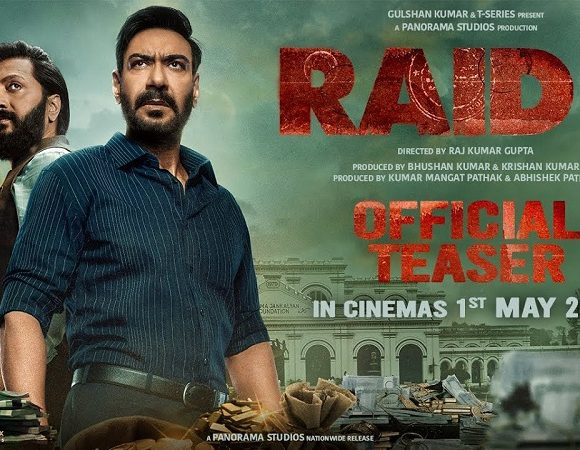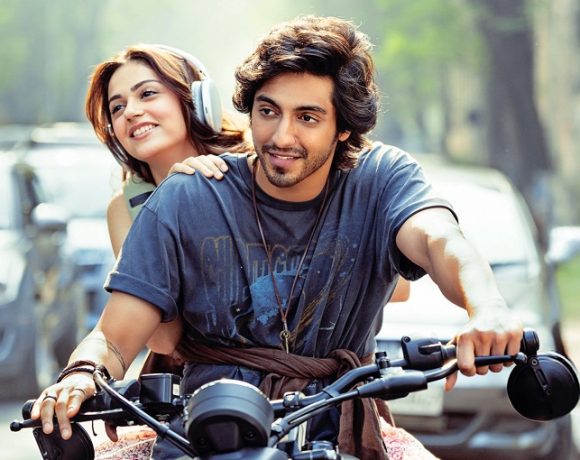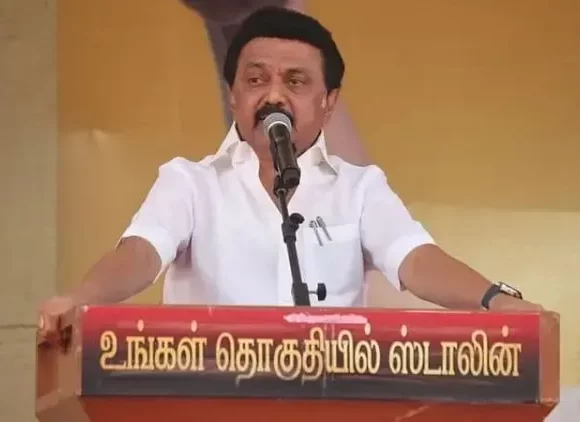
F1: The Movie – A Slick, Roaring Showcase of Speed, Star Power, and Stunning Realism
Director Joseph Kosinski, best known for Top Gun: Maverick, trades jets for race cars in F1: The Movie, a high-octane sports drama that blends cinematic spectacle with a familiar but effective emotional core. Anchored by Brad Pitt in a role that exudes effortless charisma, the film delivers precisely what it promises: a visceral, immersive, and exhilarating experience tailored for the big screen—especially IMAX.
Set against the backdrop of a fictional Formula 1 team, APXGP, the film follows Sonny Hayes (Pitt), a retired F1 driver lured back into the cockpit to mentor a young, promising talent, Joshua Pearce (Damson Idris). The narrative isn’t revolutionary—framed around themes of redemption, legacy, and generational transition—but it’s executed with enough polish and sincerity to make the predictable feel compelling.
Kosinski’s direction is at its most confident in the film’s many racing sequences. Shot during actual Grand Prix weekends, the cinematography achieves an unprecedented level of realism in a motorsport film. The camera doesn’t merely observe—it participates, capturing the intensity of split-second decisions, tire degradation, pit-stop chaos, and the raw violence of engine power. These scenes are masterfully assembled, designed not just to thrill but to place the viewer inside the cockpit.
Pitt’s performance is one of seasoned restraint. Rather than overpower the film with bravado, he lends Hayes a grounded pathos—an aging competitor haunted by past mistakes yet still intoxicated by speed. Idris brings youthful intensity and vulnerability, creating a compelling generational contrast. Their chemistry is understated but effective, particularly as the film shifts from personal rivalry to mutual respect.
Hans Zimmer’s score is characteristically grand, driving momentum without overshadowing the action. It fuses orchestral gravitas with electronic undertones, syncing seamlessly with the mechanical rhythm of the race track. The production design, too, is meticulous—from garage interiors to team branding—reflecting the film’s commitment to authenticity.
However, F1: The Movie does have its narrative limitations. The script, while serviceable, leans heavily on genre conventions. Audiences familiar with sports dramas will spot every twist before it arrives. The emotional beats are well-executed, but rarely surprising. This predictability doesn’t diminish the film’s entertainment value, but it does cap its narrative ambition.
Still, what F1 lacks in originality, it makes up for in craft. It’s a film that understands the power of cinematic immersion. The racing sequences alone justify the ticket price, and the underlying human story—while formulaic—is sincere enough to resonate. It may not redefine sports cinema, but it stands among the most technically accomplished entries in the genre.
In a year already crowded with IP-driven blockbusters, F1: The Movie earns its place by virtue of old-school star power, modern filmmaking flair, and a deep respect for its subject. For fans of Formula 1, it’s a dream realized. For everyone else, it’s two and a half hours of finely tuned entertainment.
Rating: 4.1 out of 5


















